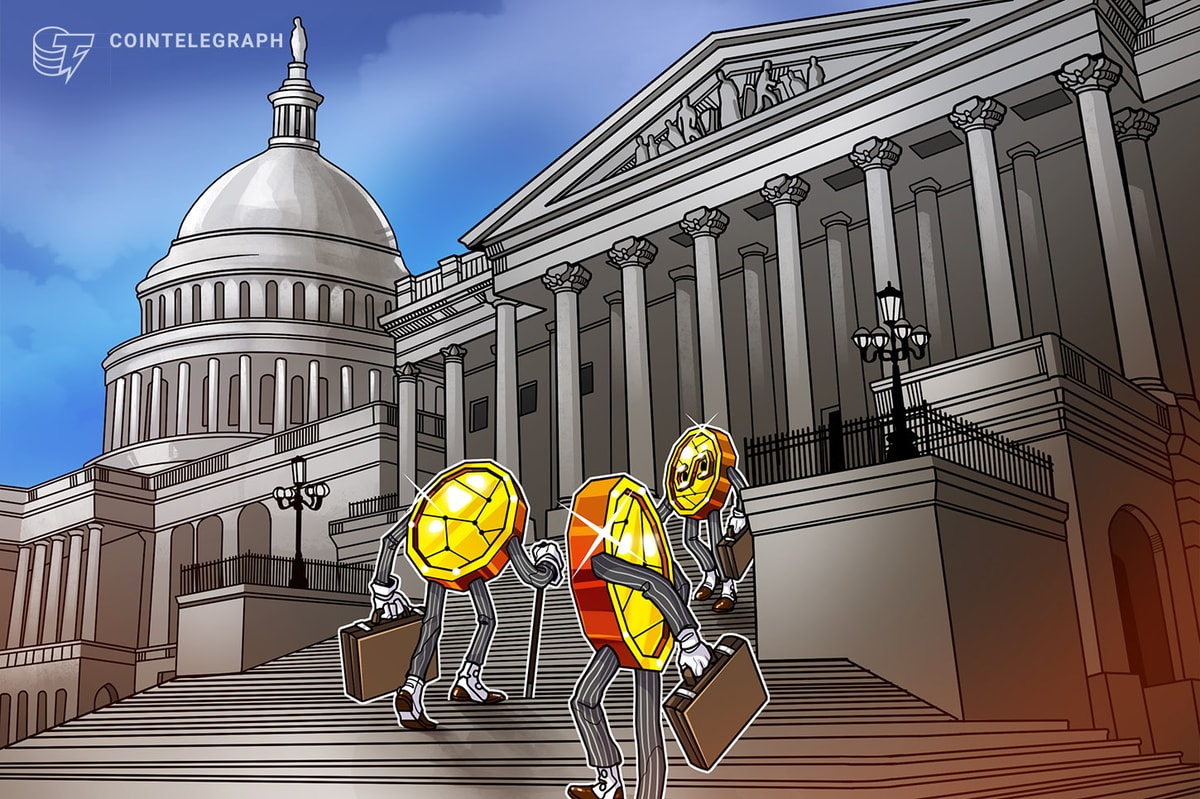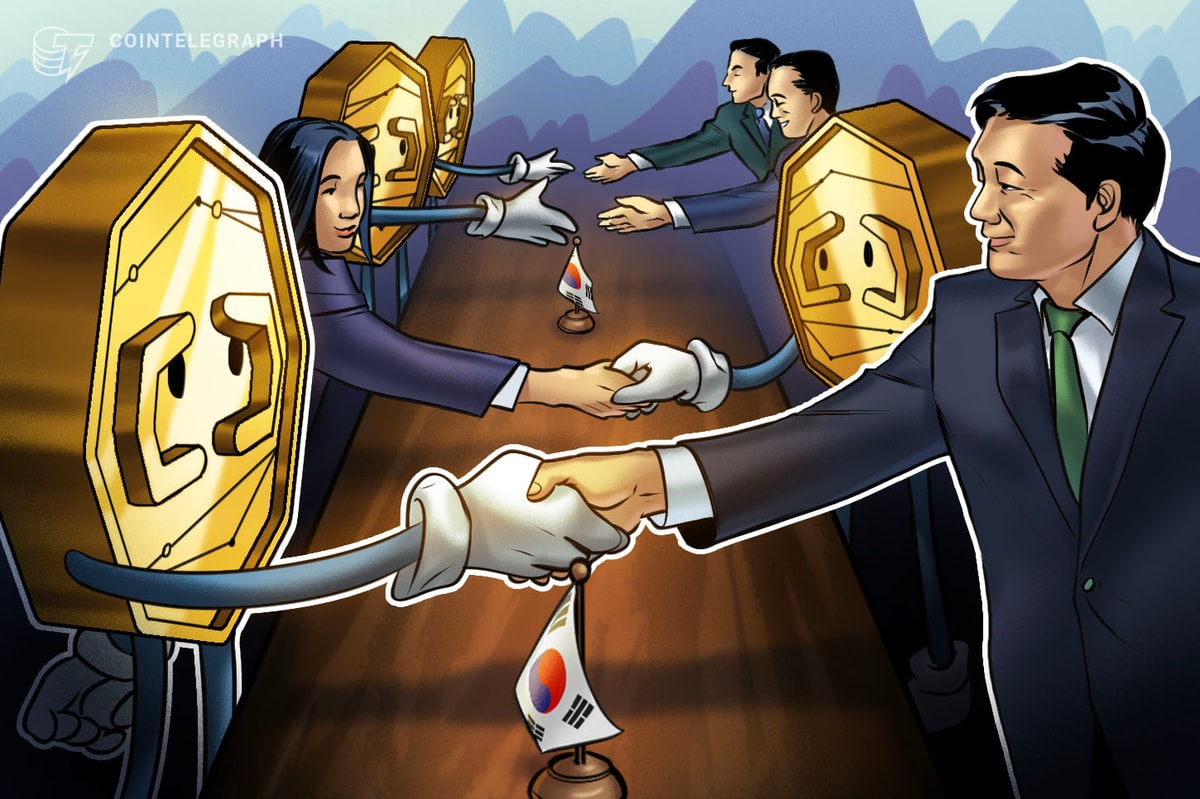Asian countries have had disparate approaches on crypto-currencies and regulation. While Thailand’s foreign-exchange rules bar its conversion into other currencies, China and Vietnam have chosen a much more defensive approach towards Bitcoin.
In April, China’s central bank barred financial institutions from handling transactions in Bitcoin to curb risk, and forced several Chinese Bitcoin exchange platforms to close their bank accounts by April 15th. Chinese yuan deposits were suspended for couple days, but activities returned to normal couple weeks later, and BTC China, the major Chinese exchange platform in volume with more than 3000 BTC traded everyday, recently enabled American and Hong Kong dollar deposits.
“As a company, we’re growing; we’re going to continue to offer more services to allow people to buy and sell — transact Bitcoins — regardless of how the regulation plays out in the next few months and years,” stated Bobby Lee, BTC China CEO in April.
Down south, in its neighbor country Vietnam, Bitcoin businesses have chosen a similar strategy. Regardless of the Government’s threats and warnings, VBTC, the result of a partnership between Vietnamese Bitcoin startup Bitcoin Vietnam Co. Ltd. and Israeli trading platform Bit2C, launched the first live Bitcoin trading platform in early July.

- VBTC's Homepage
The announcement was made in March, only a month after the State Bank of Vietnam delivered to the Government its report on digital currencies, stating that the Vietnamese dong was the only legal tender in Vietnam, according to the Constitution. In fact, both the Government and the State Bank of Vietnam stated that Bitcoin is not recognized as a mean of payment in the territory, mentioning Bitcoin’s threat to the State control and the local economy.
Officially launched to the public on July 9, VBTC only operated for 3 days before the police and the State Bank announced a partnership to crack down on the Bitcoin exchange and its administrators. This announcement was the second warning made by the authorities to the Vietnamese exchange. In April, they warned both Bitcoin Vietnam Co. Ltd. and Bit2C about the irregularity of their live trading Bitcoin platform project.
VBTC CEO, Nguyen Tran Bao Phuong, said that her company was currently in discussion with the Vietnamese authorities and that VBTC was in favor of a collaboration with the Government to prevent Bitcoin related crimes.
According to Dominik Weil, a Bitcoin freelance consultant based in Ho Chi Minh City working for VBTC, “Bitcoin is like digital gold.” In fact, the depreciation of the Vietnamese dong has made people reluctant in holding to their local currency and most of them would rather have large transactions payments such as house purchases made in US dollars.
Along with the dollarization of Vietnam’s economy, gold is commonly used as a store of value and wedding gifts often consist in jewelry. These economical habits added to the poor and volatile valuation of the dong, gives Bitcoin a large panel of opportunities and development perspectives in the local economy.

- Panorama of Hanoi, the Capital City of Vietnam
Bui Huy Kien, the founder of lamchame.com, a portal for parents which recently started accepting Bitcoin payments in its website for advertisements, said in a phone interview on July 23 with the Vietnamese press Thanh Nien:
“I don’t really trust the dong because of the way the Vietnamese currency is managed. It’s not transparent. Gradual distrust in the dong motivates people to use Bitcoin."
VBTC's parent company Bitcoin Vietnam Co. Ltd has seen its users database consistently grow to 1,800 users since it’s launch in March. Bitcoin is gaining a lot of attention from the locals and although the community doesn't seem so active, there is a large network of miners and Bitcoin enthusiasts operating underground, according to Weil.
Despite the State Bank of Vietnam's warnings to “organizations and individuals to not hold, invest or execute any transactions involving bitcoin or any other similar virtual currencies because possession, trading and utilization of Bitcoin and similar virtual currencies as assets pose risks and are not lawfully recognized nor protected,” as noted in an emailed statement in respond to Bloomberg on July 30, Bitcoin startups and businesses are determined to boost the technology in Vietnam and provide what is judged to be a reliable and trustworthy store of value that fits to local habits.
The State Bank of Vietnam devalued the dong on June 19, weakening the reference rate by 1 %. Since 2004, the currency has lost about 24 % of its value. A number that pushes Le Thao, the founder of a startup in Hanoi that develops softwares for digital currency touchscreen kiosks, to state in a July 21 interview that “Bitcoin could play a big role in Vietnam,” adding that the technology was here to stay, “so Vietnam has no choice but to accept it.”
Did you enjoy this article? You may also be interested in reading these ones:











